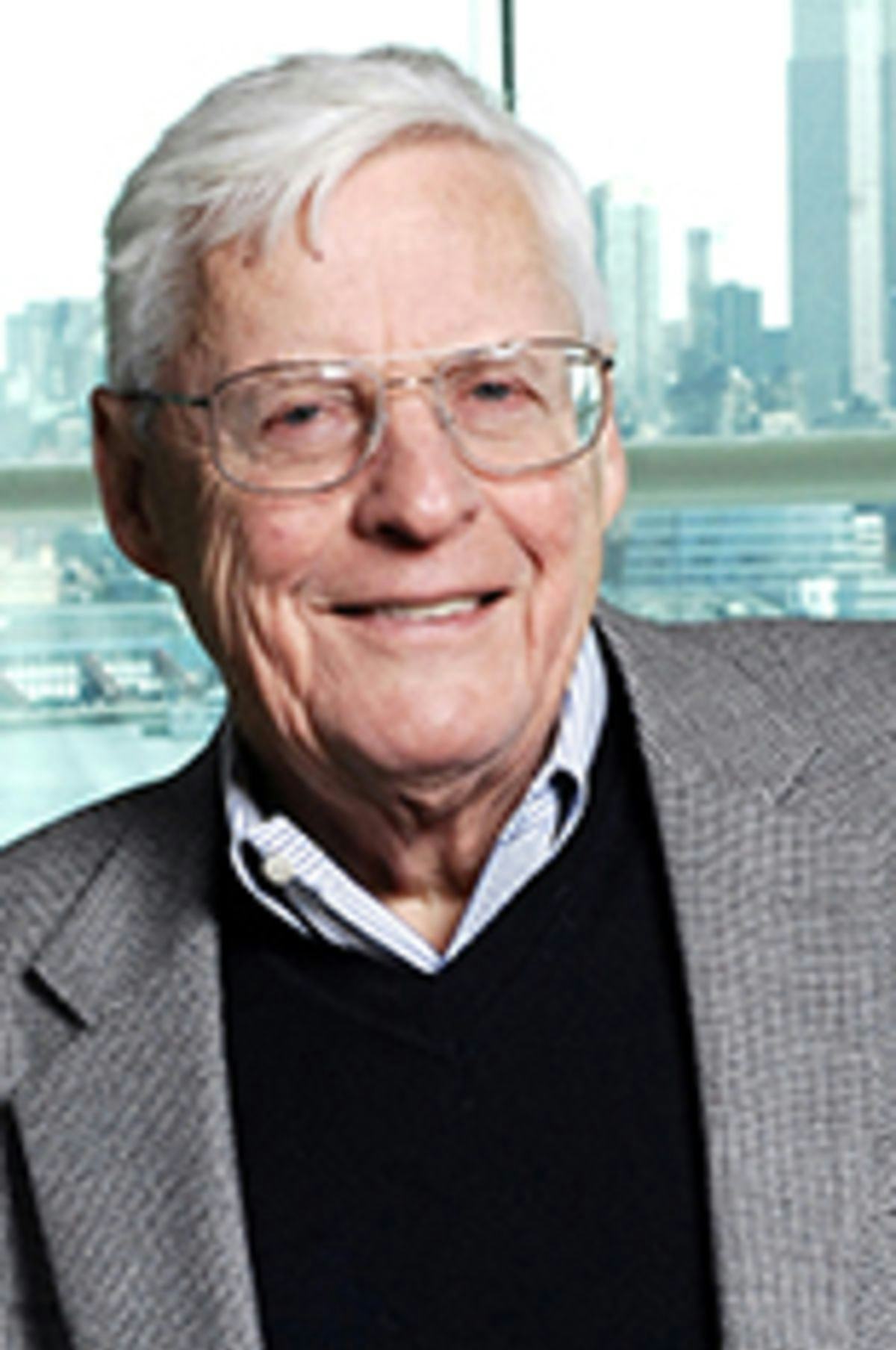Extended Shelf Life: Students Win Competition with A.I. Model That Predicts Grocery Store Closures
As Pandemic Threatens Retailers, Students Rely on Faculty, Alumni, Industry Connections in Developing Project That Could Help Struggling Businesses
Long checkout lines and cleared-out shelves have become hallmarks of New Jersey’s grocery stores during the COVID-19 pandemic, which has forced people to stockpile necessities and cook more meals at home. But not all retailers are thriving, with many small businesses closing or struggling to keep their doors open.
A group of grad students from Stevens Institute of Technology developed a tool that could make a difference for those companies fighting to stay open. The team won this year’s UBS Pitch Competition with an early warning system that uses artificial intelligence to detect grocery stores that are at risk of closing.
“Our model can be applied to give small businesses a way to monitor their performance and reduce risk, as well as to inform government aid distribution during a crisis,” said Fudi Liu M.S. ’21, a student in the Business Intelligence & Analytics program at the School of Business.
The competition, organized by UBS in conjunction with the New Jersey Big Data Alliance, was open to students from 15 universities around the state. Liu and his teammates took home the $10,000 first-place prize over the six other teams invited to present their projects virtually to a panel of UBS judges in the final round.
This year’s event was centered around using artificial intelligence to predict the economic impact of COVID-19 in the state. Liu already had experience in this area, after spending the summer analyzing data as part of the Hoboken Business Alliance, in which School of Business students work as consultants for local businesses. This gave the team a head start when it came to the painstaking task of identifying and gathering data for their project.
“Data collection is always the most difficult part of a project, but we had experience there that gave us an advantage,” Liu said.
Network of support
The team scraped 10 years' worth of data on the state’s grocery stores, looking at everything from customer feedback, to financial status, to economic and demographic information. But gleaning insights from that data wasn’t so straightforward — they were dealing with an imbalanced dataset, made up mostly of stores that were still open and only 10% that had closed permanently.
Luckily, the team had plenty of Stevens experts at their disposal, even while studying and working remotely. Dr. Ted Stohr, academic coordinator of the BI&A program, facilitated meetings and provided guidance throughout the process. He helped connect the students to faculty researchers who specialize in machine-learning techniques, including professors Emily Liu, Khasha Dehnad, Feng Mai and Jordan Suchow.
“Dr. Stohr was indispensable, and we got very useful suggestions from the professors, which we were able to combine to deliver better results,” said Kun Wu M.S. ’21. “We put the training predictions from our other machine-learning models into a neural network and it improved the performance.”
Once the model was up and running, they had to focus on building out their presentation. Fudi Liu got industry perspective from his career mentor — each student in the BI&A program is assigned a mentor from industry — who offered suggestions on how to position their project for the UBS judges.
They also consulted with a Stevens alumnus who won the competition in 2018 and got insight into winning strategies. Making the model accessible and interactive was key. They developed a website with a dashboard, which allowed the judges to fully explore the model and set them apart from the rest of the field.
Virtual advantage
The team relied on the strength of their Stevens network to help them navigate the project’s many challenges, as they gained valuable experience in machine learning. It’s evidence of the School of Business’ personalized approach to education, which is even more of a priority right now.
“For years, our faculty, alumni and industry advisory board have combined to provide a supportive network for students around all things analytics,” said Dr. Stohr. “The COVID-19 crisis caused us to double down on these efforts and offer more opportunities for technical upskilling, career development and networking. We are proud of the close-knit community that we’ve developed here to help our students succeed.”
Even amid a global pandemic, Stevens business graduates are still highly in demand. Despite entering the worst job market in 20 years, 93 percent of the graduate Class of 2020 have accepted job offers within three months of commencement. The ability to work and collaborate in virtual environments is something the School of Business stresses. For students like Liu, who’ll be interning for a Florida-based company next semester as he completes his Stevens degree in New Jersey, the move to remote work has also opened up new opportunities.
“Under normal circumstances, this wouldn’t have been an option, but things have changed,” Liu said.
Graduate BUSINESS PROGRAMs Career Success School of Business




